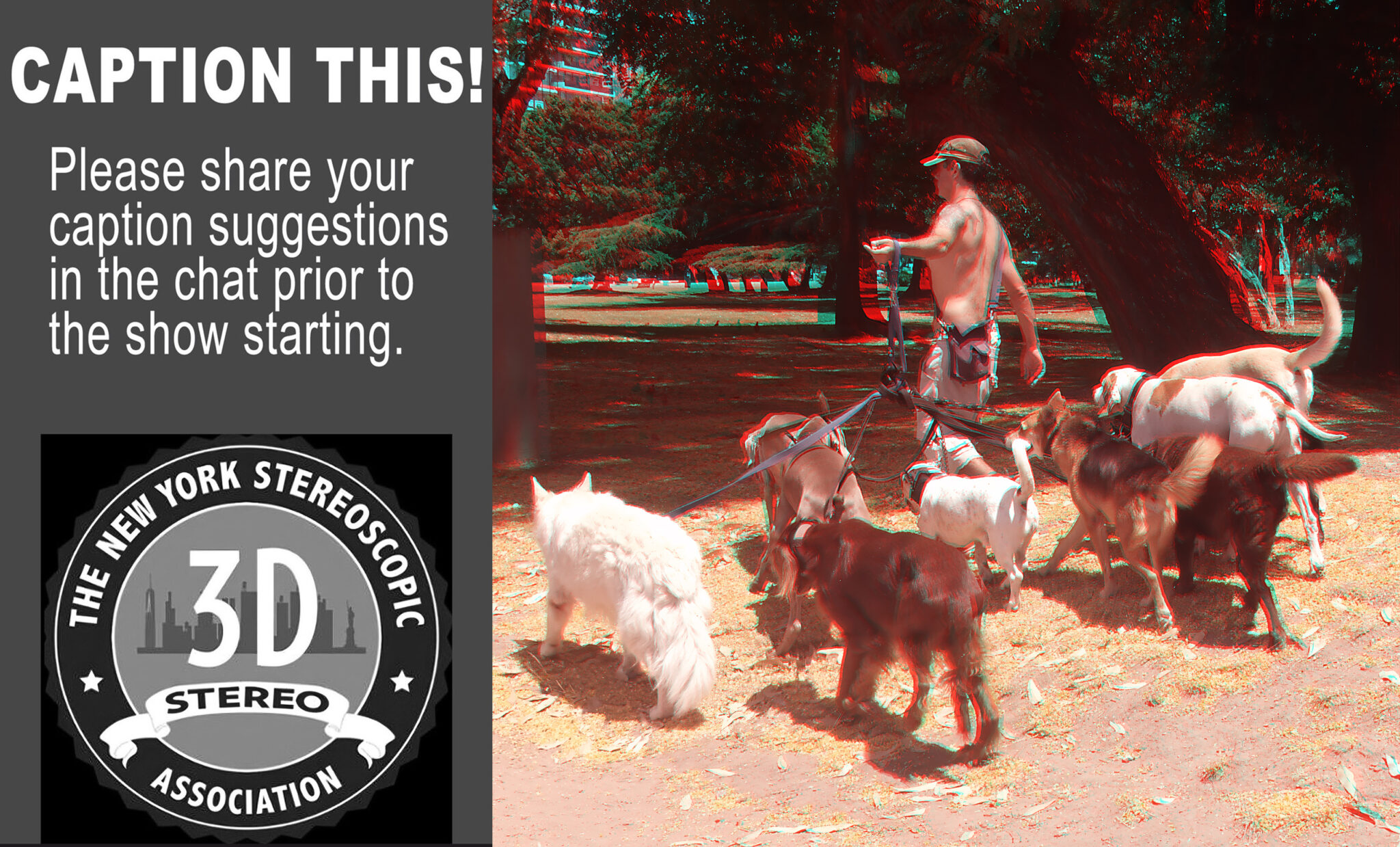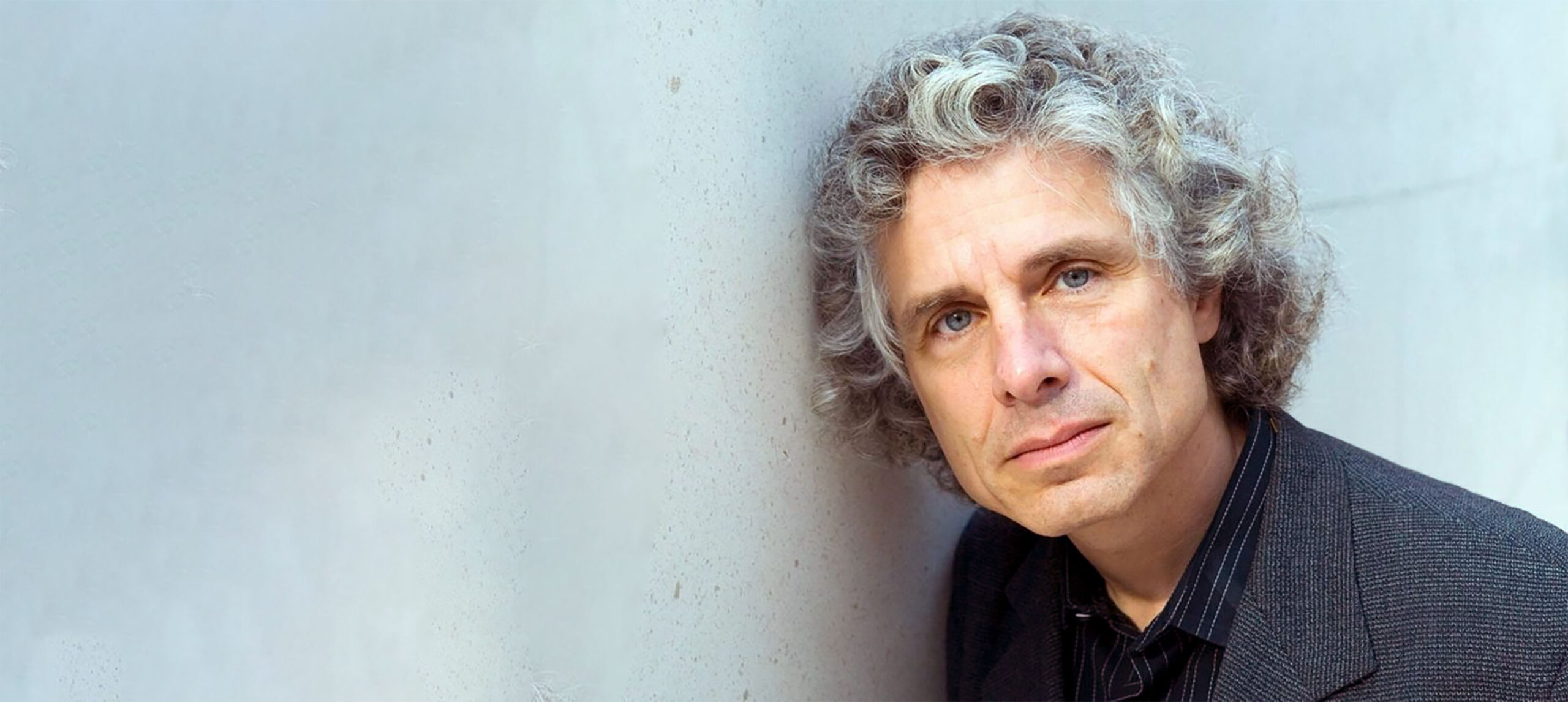
Steven Pinker is a renowned Canadian-American cognitive psychologist, psycholinguist, and popular science author, best known for his work as the Johnstone Family Professor of Psychology at Harvard University. His academic research spans visual cognition, language development, and social relations, and he has authored numerous influential books, such as The Language Instinct, The Better Angels of Our Nature, and Rationality. Beyond his scholarly pursuits, Pinker is also an accomplished photographer, a passion that complements his scientific exploration of human perception and cognition.
Pinker’s photography often focuses on capturing the beauty of the natural world and human experience, with a particular emphasis on stereoscopic photography—a technique that creates a three-dimensional effect by presenting two slightly offset images to each eye. This interest aligns with his research in visual cognition, as stereoscopy exploits the brain’s ability to interpret depth from two-dimensional inputs, a phenomenon he has explored in his psychological studies. His work in this medium demonstrates a blend of artistic expression and scientific curiosity, reflecting his fascination with how we perceive and interpret the world.
One notable aspect of Pinker’s photographic endeavors is his series of stereoscopic images, showcased in exhibitions like “2 1/2 D: The Stereoscopic Photography of Steven Pinker” at Sweet Lorraine Gallery in 2024. This exhibition featured subjects such as flowers, photographed against stark backgrounds to highlight their forms, as well as other natural ephemera like a dead hummingbird he found in his driveway. These works invite viewers to engage with the images through various stereoscopic viewing devices, from historical tools like the 19th-century Wheatstone stereoscope to modern 3D glasses, offering an interactive exploration of depth perception. Critics have noted that Pinker’s photography reveals a reverence for human perception and the mechanics of sight, bridging his scientific expertise with artistic sensitivity.
Pinker has also produced extensive photographic collections outside of stereoscopy, including a well-regarded series of Cape Cod landscapes. Inspired by photographer Joel Meyerowitz, these images capture the serene beauty of the region with rich, vibrant colors and a painterly quality. This body of work, which he has developed over fifteen years, provides a counterpoint to his academic focus on complex topics like violence and rationality, offering a tranquil and visually striking diversion.
His photography is accessible through his personal website (stevenpinker.com), where he shares galleries of stereo photos, Cape Cod scenes, and other subjects like flowers and people. Pinker has described photography as “a kind of virtual reality,” emphasizing its power to direct the viewer’s attention and create immersive illusions—insights that echo his scholarly interest in how the mind processes visual information. Through this dual lens of art and science, Steven Pinker’s photography not only showcases his creative talents but also deepens our understanding of perception, making it a unique extension of his intellectual legacy.


Software mentioned: https://www.easystereogrambuilder.com/

